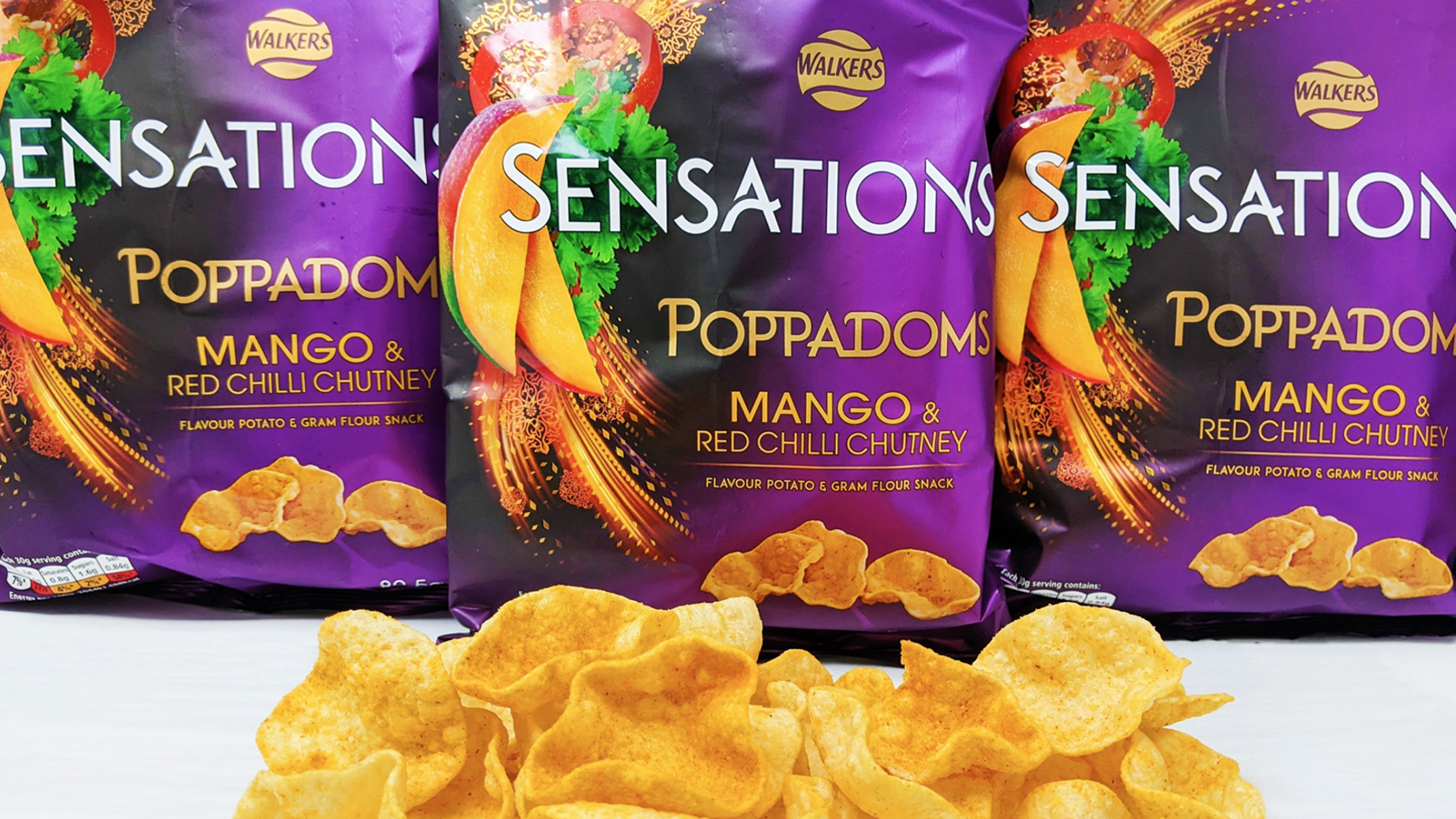Walkers Sensations Poppadoms – a crisp VAT case…

Aspiring business students and seasoned professionals alike understand that running a successful business involves navigating a labyrinth of rules and regulations. One area where this complexity is particularly evident is taxation, which can have a significant impact on a company’s bottom line. In this blog, we delve into the intricacies of tax rules for businesses using a real-world example involving VAT (Value Added Tax) issues faced by the crisp manufacturer Walkers. The story highlights the challenges and complexities that companies must grapple with when it comes to taxation.
The Crisp That Wasn’t: A Tax Battle Unfolds
In a recent case that made headlines, Walkers, a well-known crisp manufacturer owned by PepsiCo, found itself in a legal tussle with the UK tax authorities over a seemingly trivial matter – the classification of their product, Walkers Sensations Poppadoms. At stake was a tax rule that could potentially save the company significant sums of money.
In the world of VAT, tax rates can vary based on how a product is categorised. For certain food items, such as poppadoms, which are considered restaurant food or items that “require further preparation before consumption,” the VAT rate is zero. On the other hand, crisps, being packaged snacks, are subject to the standard 20 percent VAT rate. Walkers aimed to convince the court that their Sensations Poppadom’s should be considered poppadoms rather than crisps, effectively allowing them to benefit from the zero-rated VAT.
Some simple figures illustrate the potential benefit to Walkers of their Sensations Poppadoms being classified as eligible for zero rate:
Assuming a pack of Sensations Poppadoms are sold for £1.20 and they are classified as standard rated then £0.20 of the £1.20 would go to the tax man as VAT.
If the VAT was zero rated then yes, you guessed it, the VAT is zero so out of the £1.20, zero would go to the tax man as VAT.
Given the millions of packs that Walkers sell this would be a significant saving for them.
Creative Arguments and Legal Challenges
To support their case, Walkers’ legal team came up with creative explanations for why their product should be classified as poppadoms. One of their arguments was based on nominative determinism, suggesting that calling their snack “poppadoms” should determine its classification. However, the judge was quick to dismiss this argument, emphasising that snack food names aren’t necessarily indicative of their true nature. It’s worth noting that Walkers also produce the “Monster Munch” snack and the target market of this snack is humans as opposed to monsters…
Walkers also contended that Sensations Poppadoms were designed to complement Indian meals rather than being a standalone snack for on-the-go consumption. They argued that the product should be enjoyed “with dips, chutneys, and pickles.” However, this argument fell flat when it was pointed out that the packaging and marketing materials did not support this claim.
The Bigger Picture: Understanding Tax Complexity
The Walkers Sensations Poppadoms case serves as a vivid illustration of the intricate web of tax rules that businesses must navigate. VAT rules, like many other aspects of taxation, can be nuanced and subject to interpretation. For business students this case offers several key takeaways:
1. Tax Classification Matters: Understanding how your product or service is classified for tax purposes can have a significant impact on your financials. It’s essential to be aware of the rules that apply to your industry and product.
2. Legal Battles Are Costly: Engaging in legal battles with tax authorities can be a costly and time-consuming endeavor. While it’s important to advocate for your business’s interests, it’s equally crucial to have a strong legal basis and a well-thought-out strategy.
3. Marketing and Packaging: The way you market and package your product can influence how it is perceived and classified for tax purposes. Consistency in messaging and packaging can be crucial in legal disputes.
4. Seek Professional Advice: Taxation is a complex field, and seeking professional advice from tax experts or legal counsel is often a wise decision. They can help ensure that your business complies with tax laws while optimizing your financial position.
In conclusion, the Walkers Sensations Poppadoms case is a reminder that taxation is not a straightforward matter for businesses. It involves careful consideration, adherence to regulations, and sometimes, even creative arguments. Aspiring business students should view this case as an instructive example of the challenges and complexities that await them in the world of taxation, urging them to be proactive in understanding and managing their tax obligations.











